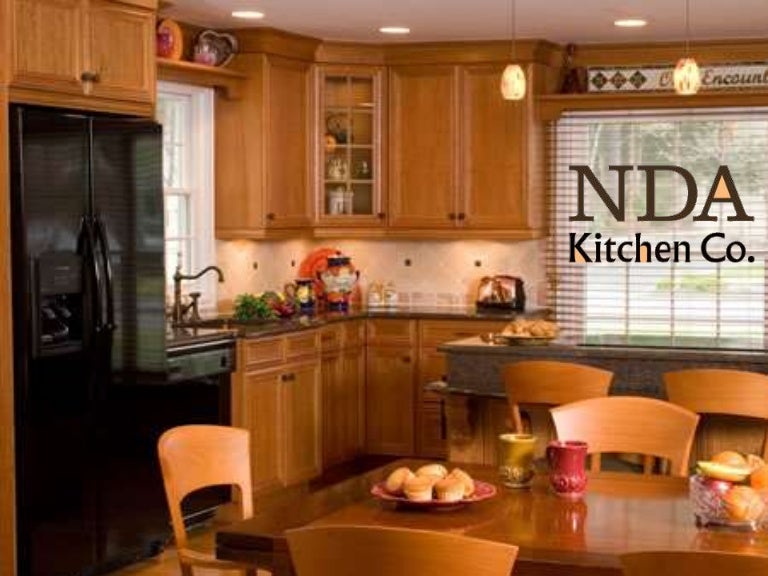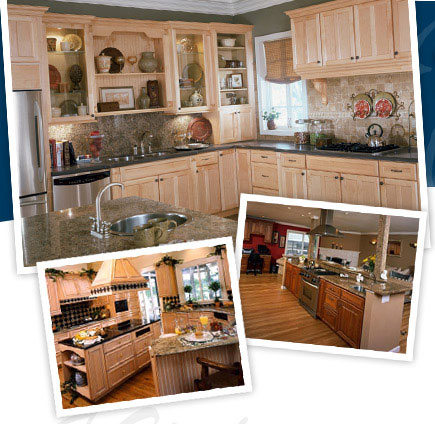Understanding the Benefits of Renting a Commercial Kitchen on Long Island
Commercial kitchens for rent on Long Island have become a game-changer for culinary entrepreneurs, food enthusiasts, and small food businesses. The benefits of renting a commercial kitchen space extend far beyond the convenience it offers. Let’s dive into the reasons behind the growing popularity of this trend:
- Cost-Effectiveness: Setting up your commercial kitchen can be a significant financial burden. Renting, on the other hand, allows you to access top-notch equipment and facilities without the hefty initial investment.
- Flexibility: Whether you’re a startup, a catering business, or a food truck owner, commercial kitchen rentals provide the flexibility to scale your operations up or down as needed. It’s a perfect solution for seasonal businesses or those looking to test their culinary creations.
- Professional Equipment: Commercial kitchens are equipped with high-quality appliances and tools that can significantly enhance your culinary endeavors. From industrial ovens to food processors, you’ll have access to everything you need.
- Network Opportunities: Renting a commercial kitchen often puts you in contact with other culinary professionals. This can lead to collaborations, networking opportunities, and shared resources, helping you grow your business.
- Compliance and Safety: Commercial kitchens are designed to meet safety and health regulations, ensuring that you operate within the legal framework.
- Convenient Locations: Long Island offers a diverse range of locations, allowing you to choose one that’s convenient for your target market or distribution needs.

Exploring the Diverse Options: Types of Commercial Kitchens Available
When it comes to renting a commercial kitchen on Long Island, you’ll find various types to choose from, each catering to different needs and culinary ventures. Let’s explore the diverse options available:
- Shared Kitchens: Shared kitchens are communal spaces where multiple food entrepreneurs work simultaneously. These kitchens are cost-effective and foster a sense of community among culinary professionals.
- Ghost Kitchens: Also known as virtual kitchens or cloud kitchens, these are delivery-only kitchens. They’re an ideal choice for businesses focusing on online food delivery services and takeaways.
- Catering Kitchens: Catering kitchens are equipped to handle large-scale food preparation. They’re perfect for catering companies and event planners who need a space for bulk cooking and food preparation.
- Incubator Kitchens: These kitchens are designed to support startups and emerging food businesses. They often provide mentorship, training, and resources in addition to kitchen space.
- Bakery Kitchens: If you’re in the baking business, Long Island offers dedicated bakery kitchens with specialized equipment for bread, pastries, and cakes.
![]()
Location Matters: Finding the Ideal Spot for Your Culinary Ventures
Location is a critical factor when it comes to renting a commercial kitchen on Long Island. The right location can significantly impact the success of your culinary business. Here’s what you should consider:
- Accessibility: The kitchen should be easily accessible for both you and your suppliers. A convenient location can save time and resources.
- Proximity to Your Target Audience: Consider the proximity to your target market. Being close to your customers can reduce delivery costs and increase your brand visibility.
- Storage and Distribution: If you require storage facilities, ensure that the kitchen space you rent offers adequate storage options. It should also allow for efficient distribution of your products.
- Competitive Environment: Research the competition in the area. Being in a location with a thriving food scene can provide opportunities for collaboration and growth.
- Permits and Zoning: Check the local permits and zoning regulations for the area. Make sure your business can operate legally in your chosen location.
- Market Research: Conduct market research to understand the preferences and demands of the local population. This will help you tailor your offerings to meet their needs.

Regulations and Compliance: Navigating the Legal Aspects of Commercial Kitchens
Operating a commercial kitchen on Long Island requires adherence to various regulations and compliance standards to ensure the safety of food products and the well-being of consumers. Here’s what you need to know:
- Health Department Regulations: The Suffolk and Nassau County Health Departments have specific regulations for food establishments. You’ll need to comply with health and safety standards, including food handling, storage, and sanitation.
- Food Permits and Licenses: Depending on your type of business, you may require permits and licenses, such as a food service establishment permit, food processing license, or catering permit. Make sure you have all the necessary documentation in place.
- Food Safety Training: Many Long Island counties require food handlers and managers to undergo food safety training and certification. This ensures that your team is knowledgeable about safe food handling practices.
- Zoning Laws: Check with local zoning laws to ensure that your chosen commercial kitchen location is zoned for food-related activities.
- Fire Safety and Building Codes: Comply with fire safety and building codes to ensure a safe working environment. This includes having fire extinguishers, emergency exits, and proper ventilation.
- Insurance: Consider insurance options that protect your business in case of accidents, liability claims, or property damage.

Success Stories: Long Island Entrepreneurs Who Thrived in Commercial Kitchens
To inspire your journey into the world of commercial kitchens, let’s take a look at some success stories of entrepreneurs who have flourished on Long Island:
- The Food Truck Phenomenon: Many food truck businesses on Long Island started in commercial kitchens. These mobile culinary ventures found success by renting shared kitchens to prepare their delectable dishes. Some have expanded their fleets and developed a loyal following.
- Catering Companies: Catering companies that began in commercial kitchens have gone on to handle events of all sizes, from intimate weddings to corporate gatherings. The flexibility and resources available in commercial kitchens enabled them to grow and thrive.
- Bakery and Dessert Shops: Long Island boasts a vibrant dessert scene, and many bakery and dessert shop owners kick-started their businesses by renting bakery kitchens. They have since become local favorites, offering a wide range of sweet treats.
- Specialty Food Producers: Entrepreneurs creating specialty food products, such as artisanal sauces, jams, or pickles, found commercial kitchens to be the perfect place to bring their culinary creations to life. Many of these businesses have expanded beyond Long Island, reaching a broader market.

Long Island Kitchen remodeling

House for rent with great view

Rainbow Beach Club 2 Bedroom Condo For Rent,2 Bedrooms,2 Bathrooms,Condos for Rent at Cupecoy

Real Estate For Sale – 1405/299 Old Northern Road – Castle Hill , NSW
Water Caye – Belize, Central America – Private Islands for Sale

Villa Sunshine,4 Bedrooms,4 Bathrooms,Villas for Sale at Belair – Century21 Island Realty

Castle Cove Apartments,2 Bedrooms,1 Bathrooms,Apartment for Long term rentals at Point Blanche

Related Posts:
- Kitchen Island Double As Dining Table
- Iron Pipe Kitchen Island
- Kitchen Island Photos With Seating
- Movable Kitchen Islands Ireland
- Butcher Block Kitchen Island Table
- DIY Kitchen Island Top Ideas
- Granite Kitchen Island Design
- Kitchen Island Utility Table
- Kitchen Nightmares Long Island
- How Do You Make A Kitchen Island
